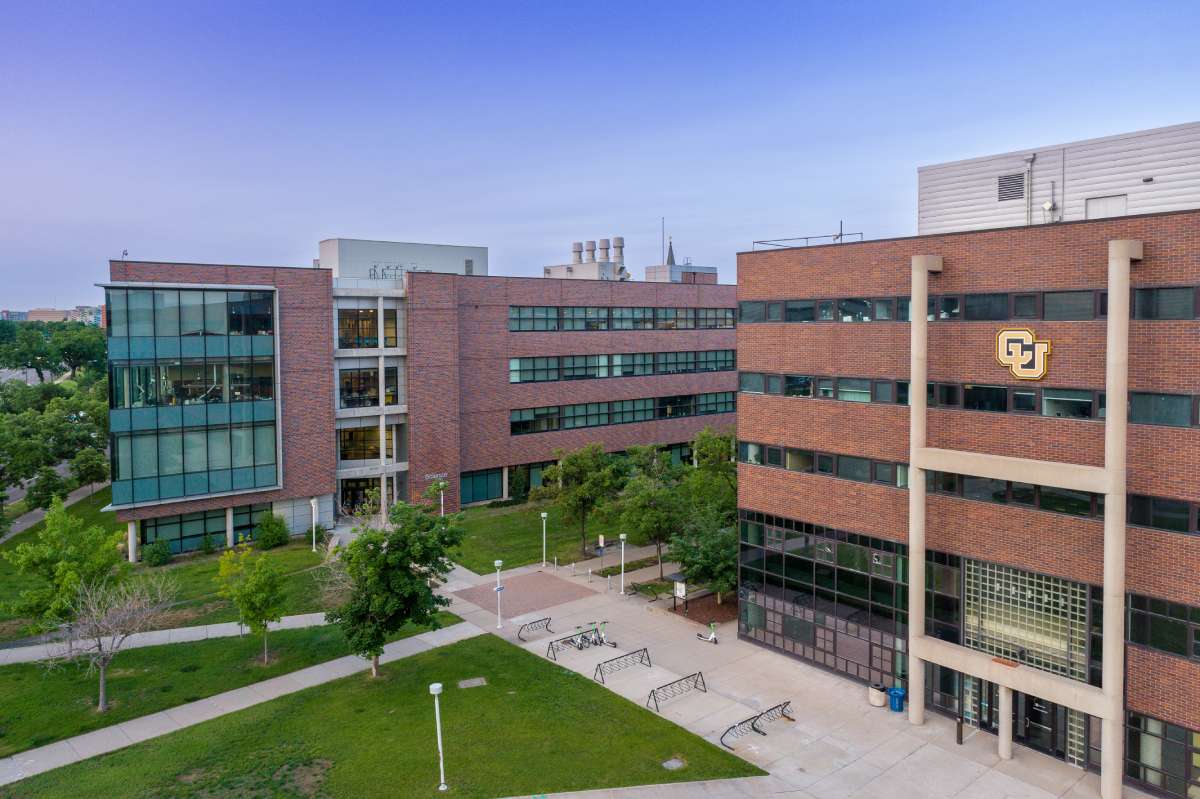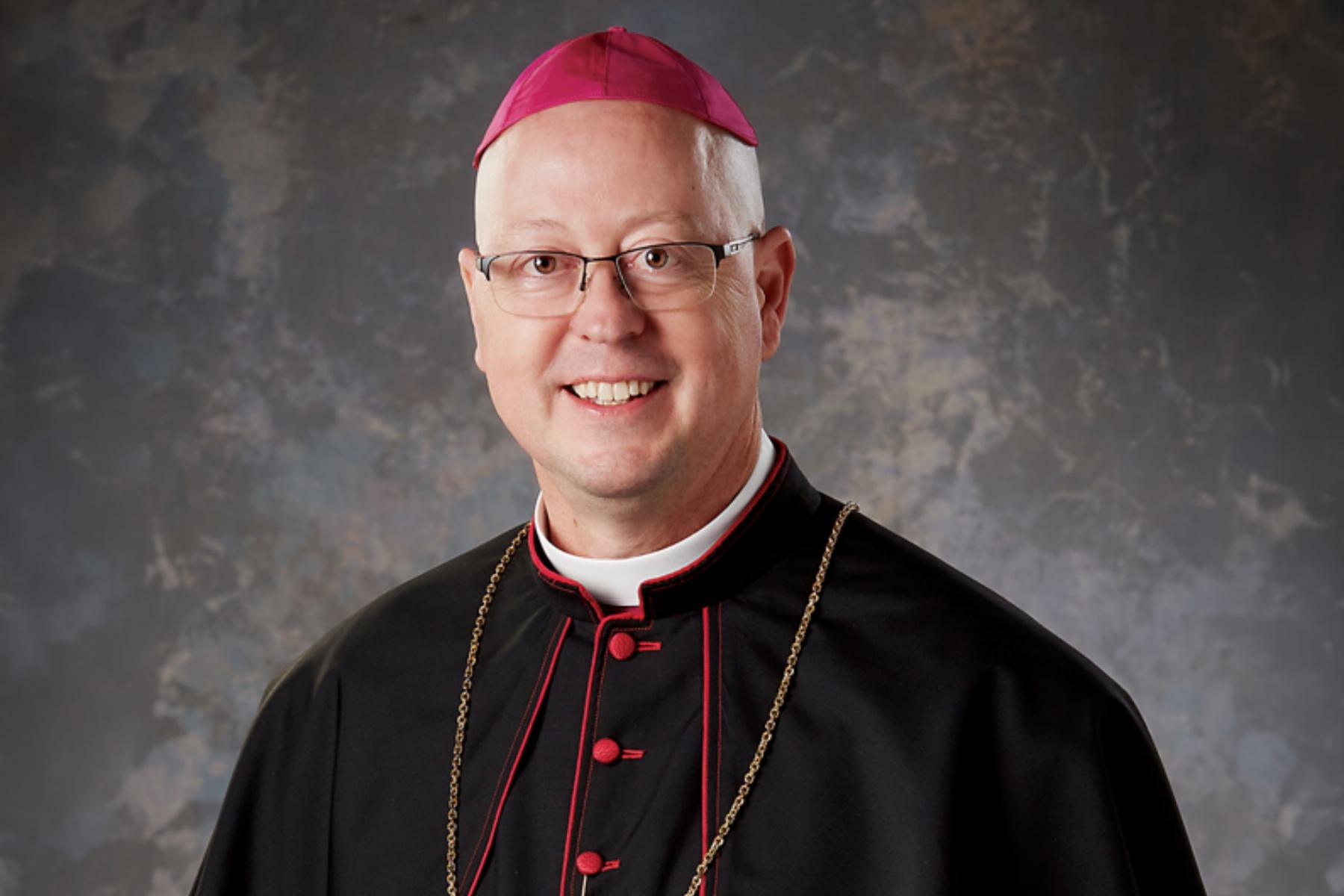
This story is part of The Trip, a CPR News series on Colorado’s new psychedelic movement.
The University of Colorado Denver is accepting applicants for the state’s first and only public university-based training program for psychedelic facilitators starting the fall term.
Graduates, once licensed, will be able to conduct therapeutic sessions using psilocybin — the active ingredient in so-called “magic mushrooms” — in clinics, mental health, healing or research centers.
In 2022, Colorado voters approved Proposition 122, which decriminalized the personal use and cultivation of psilocybin mushrooms and a handful of other psychedelic substances. The law also set up a framework for regulating psychedelic medicines in therapeutic settings like healing centers and the licensed ‘facilitators’ who administer the therapy. There are now more than a dozen approved training programs in Colorado, most of them operated by private organizations.
“We're entering this space with the goal and the mission to contribute well-trained facilitators,” said Vivian Shyu, director of education and training in the CU Denver Center for Psychedelic Research. “So, as a nonprofit and as a university-based program, everything will go back into the program to support the training itself. It gives us a place to practice from that's not relying on a for-profit model.”
The psychedelic facilitator training program will give students the tools to legally and ethically guide psychedelic-assisted experiences.
A new frontier for treatment
Clinical trials have shown psilocybin-assisted therapy has the potential to help people with major depression, anxiety and even in some cases, eating disorders and substance use disorder. The FDA has designated psilocybin as a breakthrough treatment and studies underway on treating psychiatric distress in late-stage cancer patients and PTSD. However, the substance still has to face an FDA review and is still classified as a Schedule I substance by the Drug Enforcement Agency, meaning the DEA considers it to have a high potential for abuse.
After seeing the promising scientific research on psilocybin as a way to heal, the goal of Shyu and others at CU Denver’s Center for Psychedelic Research is to “bring these to the public in a safe way, in a way they could trust.”
“In mental health, I just feel like we’ve hit a wall and this can be a practice and a tool that might allow for us to conceptualize healing and being in a different way that could help us bring people to a place of more well-being,” said Shyu.

What will students learn?
The 16-week, 2-course series consists of a mix of weekly self-paced online learning modules and virtual classroom meetings two evenings per week. Tuition is $7,500 with an additional $250-$400 for materials and fees. The cost doesn’t include the practical training that follows after.
CU Denver’s program is tailored to people who are already licensed to provide mental health care in some capacity, such as therapists, nurse practitioners, social workers or psychiatrists who want more tools in their tool-belt.
“But there's room for people to get licensed and practice in more of these non-clinical wellness contexts, under this same framework,” Shyu said.
After completing the four-month program with its 150 hours of coursework, trainees will work with the university’s state-approved partners for 40 hours of real-world clinical experience and another 40 hours of working with a consultant. University officials say trainees can be ready to apply for state licensure in under six months.
The program will focus on three core skills: ethical integrity, psychedelic experience and embodied presence.
The school says the well-being of clients is at the forefront. Trainees will learn how to ethically conduct a screening, recognize clients’ needs, the appropriate use of supportive touch, understand power dynamics and how to mitigate psychological and physical risks of psychedelic-assisted treatment.
“Embodied presence is about making sure that the people who are delivering these services understand the vulnerability and the potential that they're holding when they're working with clients.”
The course will also include instruction on the historical, cultural, neuroscientific and legal dimensions of psychedelic healing.
The state has developed a code of ethics that students will study. For example, students will discuss situations in which they are the right facilitator to work with a client and when they are not. There are also some conditions, like someone who has a history of bipolar illness treated with lithium or who has a history of significant untreated hypertension, that require additional screening steps with a medical team to ensure that a psychedelic experience would be safe.
The deadline for the program’s fall application is September 22. Admissions decisions will be made by September 29. Applications are also open for the spring 2026.









